1. The Overuse of “What If” Questions
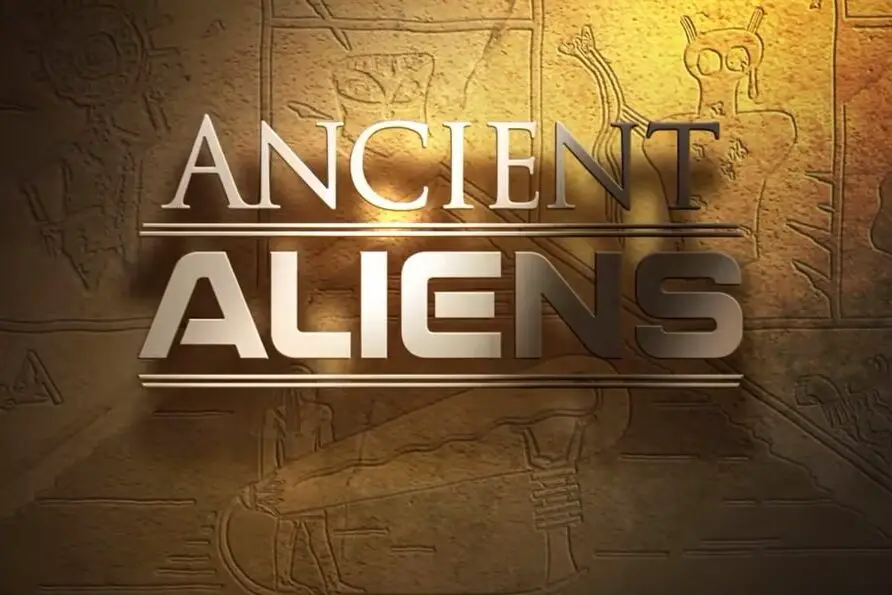
Ever noticed how often Ancient Aliens asks “what if” rather than presenting hard facts? It’s a clever way to plant ideas without committing to them. Instead of proving aliens built the pyramids, they’ll say something like, “What if ancient architects had help from extraterrestrial beings?” This keeps the conversation speculative and avoids real scrutiny. The lack of definitive evidence becomes a feature, not a bug. If it’s just a question, you can’t technically call it a lie, right?
2. Misrepresentation of Ancient Cultures
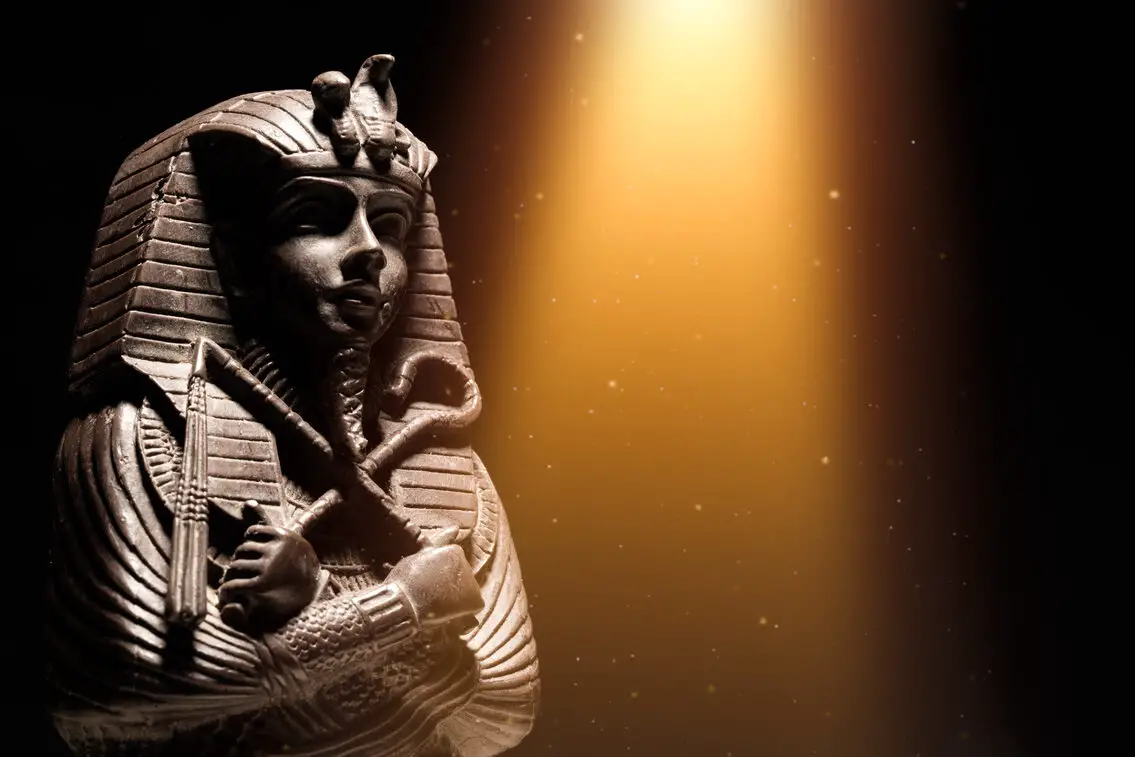
The show often implies that ancient civilizations couldn’t possibly have achieved their architectural marvels without alien intervention. This undermines the ingenuity of ancient people. The pyramids, for example, were built with extraordinary human effort, advanced math, and ingenious engineering. Claiming aliens did it is not only dismissive but also shows a lack of understanding of historical contexts. It’s like saying, “Oh, humans couldn’t have been this smart back then.” Spoiler: They were.
3. Cherry-Picking Evidence
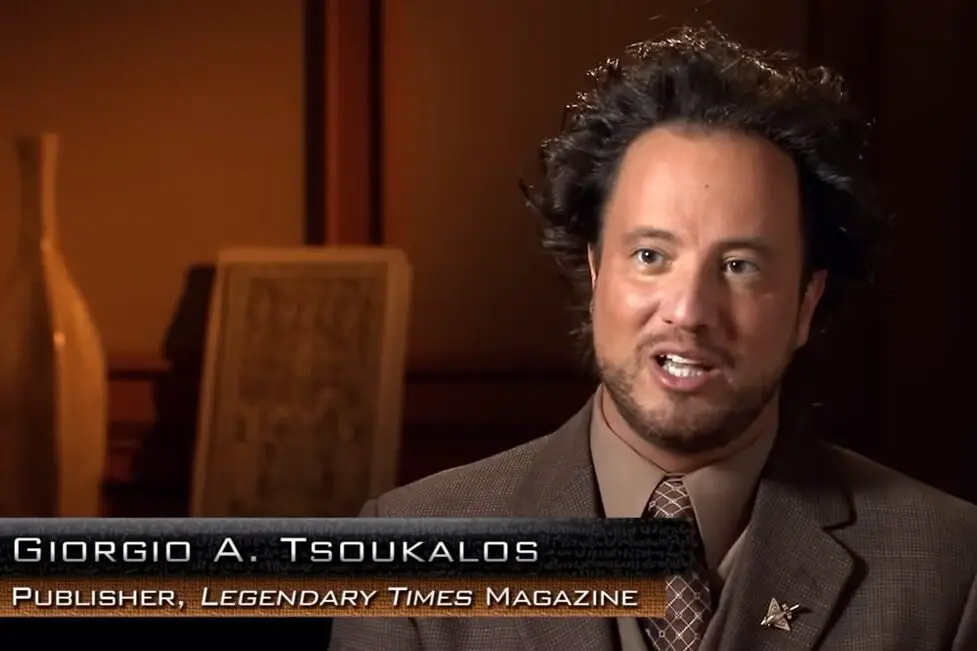
The show has a knack for selecting facts that fit their narrative while ignoring anything that contradicts it. For example, they’ll highlight a carved figure that sort of resembles a spaceship but skip over dozens of carvings showing human rituals or mundane activities. This selective storytelling creates a skewed view of history. A well-rounded examination of evidence would debunk most of their claims, but that wouldn’t be as fun, would it?
4. Misuse of Scientific Terms

Words like “quantum,” “dimensions,” and “energy fields” are thrown around as if they have magical powers. The show rarely explains these terms correctly or in a way that aligns with actual science. Instead, they use them to sound credible, banking on the fact that most viewers won’t fact-check. Real scientists cringe at how these concepts are twisted into pseudoscience. It’s a perfect example of science-y words being used to dazzle, not to educate.
5. Overreliance on Fringe Theories

The experts featured on the show are often proponents of fringe theories, not mainstream archaeologists or scientists. These are people who’ve built careers on outlandish ideas that appeal to a niche audience. Their work rarely gets published in peer-reviewed journals, which is telling. A lack of academic rigor doesn’t stop them from making bold claims, though. On Ancient Aliens, the more outrageous the theory, the better.
6. Dramatization of Ambiguities
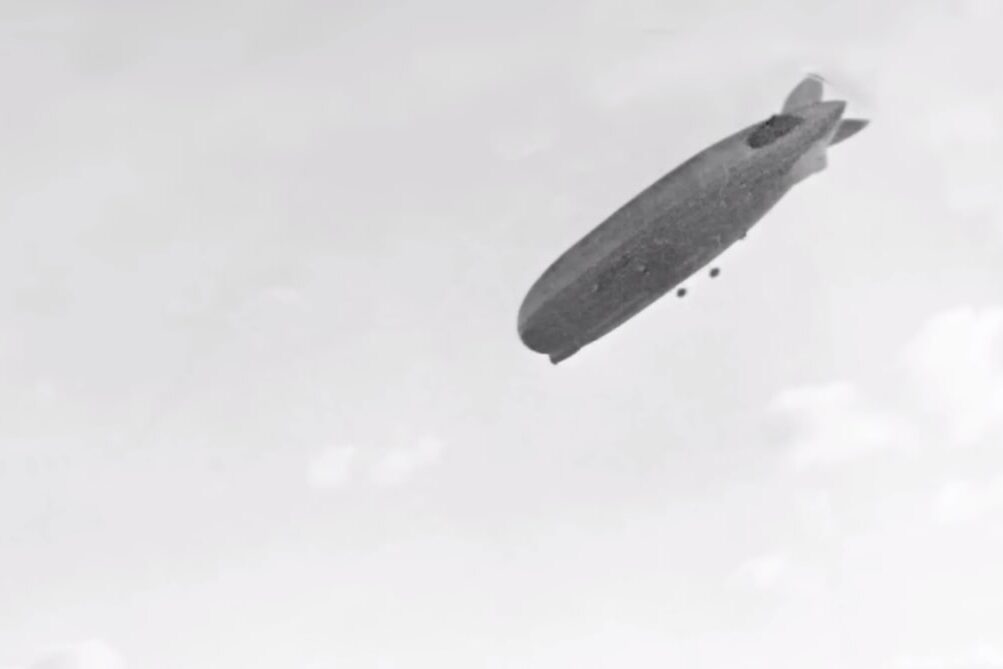
Whenever there’s a gap in historical knowledge, the show fills it with aliens. Don’t know how a certain structure was built? Aliens. Not sure what an ancient text means? Clearly, extraterrestrials were involved. Instead of acknowledging the limits of our understanding, the show jumps to the most sensational conclusion. This dramatization is entertaining but far from educational. History doesn’t need aliens to be fascinating.
7. Ignoring Real Historical Explanations

Many of the “mysteries” highlighted in the show already have well-documented explanations. Take the Nazca Lines in Peru, for example. Archaeologists have shown they were likely created by local communities for ceremonial purposes. But Ancient Aliens brushes these findings aside, insisting they’re landing strips for UFOs. It’s as if the show operates in a parallel reality where scholarly work doesn’t exist.
8. The “Alien Gods” Trope
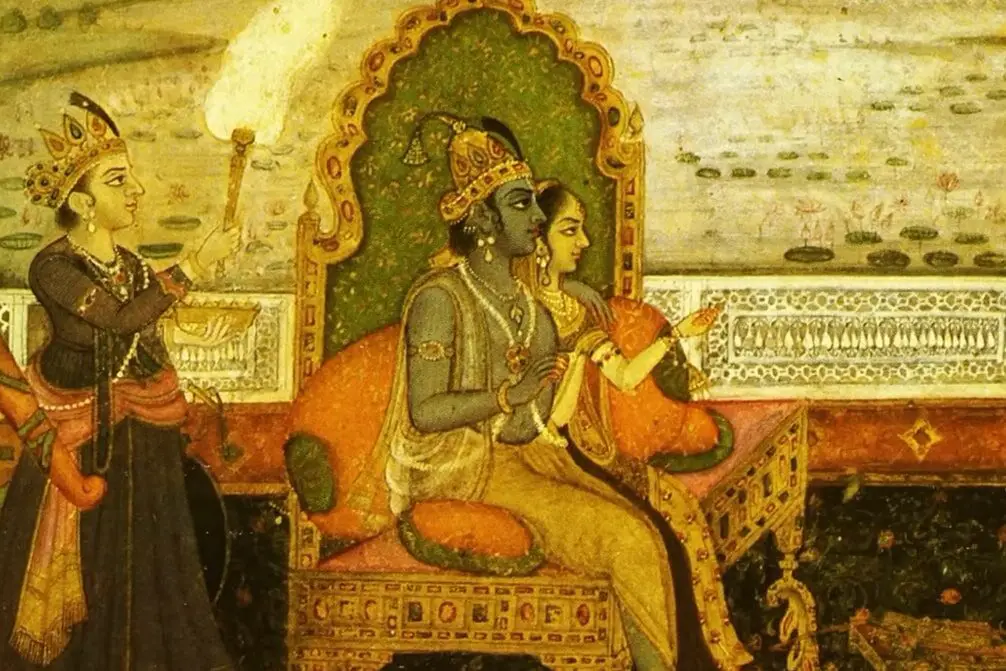
The show often suggests that ancient gods were actually aliens mistaken for deities. While this makes for a fun sci-fi story, it ignores the rich cultural and religious contexts of these myths. Deities like Zeus or Ra weren’t “misunderstood extraterrestrials.” They were deeply symbolic figures rooted in the values and beliefs of their societies. Reducing them to aliens cheapens their significance.
9. Outdated or Debunked Theories
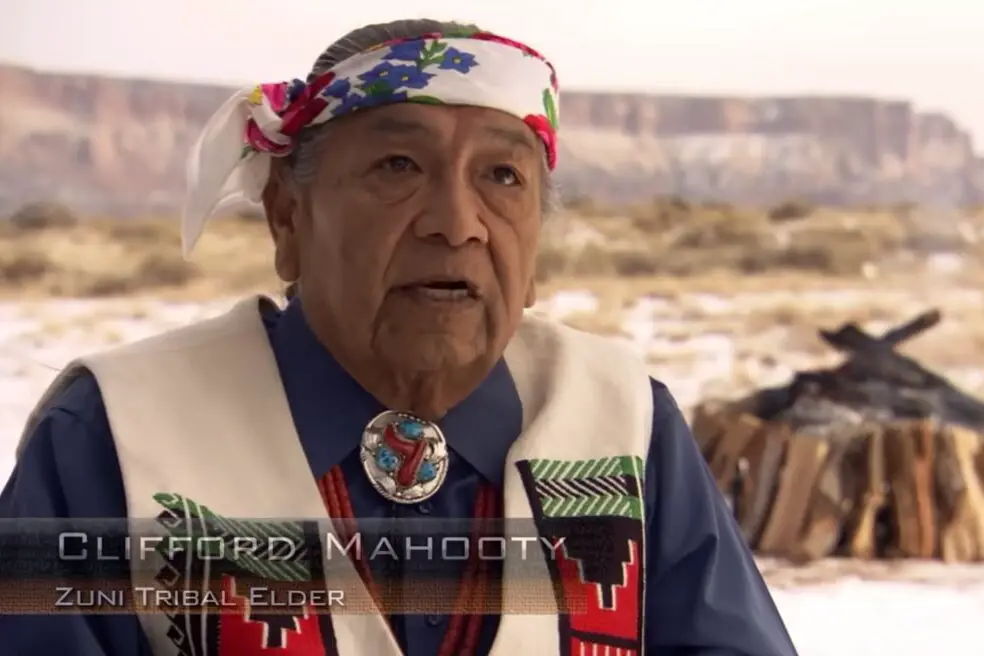
Some of the ideas promoted on the show were debunked long before the series even aired. For example, the idea that the Great Sphinx is thousands of years older than Egyptologists claim has been widely discredited. Yet the show clings to these fringe ideas because they sound mysterious. It’s as if they’re recycling old conspiracies instead of looking for new material.
10. Overemphasis on Visual Similarities
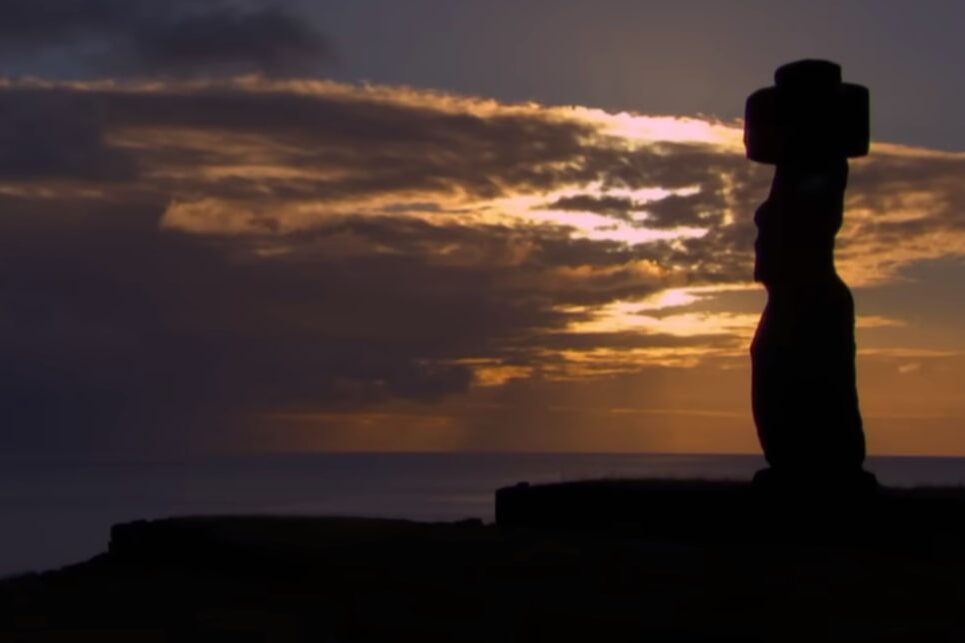
The show loves to point out visual similarities between ancient art and modern technology. A carving of a bird? Clearly an airplane. A figure with a headdress? Must be a space helmet. This approach ignores the cultural and symbolic meanings behind these images. Just because something looks like a spaceship to modern eyes doesn’t mean it was intended to represent one.
11. Lack of Peer Review

The theories presented on the show rarely go through the rigorous process of peer review. In academia, this process helps separate credible ideas from unsupported ones. Without this scrutiny, it’s easy to cherry-pick data and make bold, unverified claims. The fact that mainstream archaeologists and historians don’t back these ideas speaks volumes.
12. The Hosts Are Not Historians

Many of the show’s hosts, including its most famous face, Giorgio A. Tsoukalos, are not trained historians or archaeologists. While Tsoukalos is entertaining, his background is in sports journalism, not historical research. This doesn’t mean he can’t have opinions, but it does raise questions about the credibility of his interpretations. Would you trust a dentist to perform heart surgery? Probably not.
13. Overdramatic Presentation
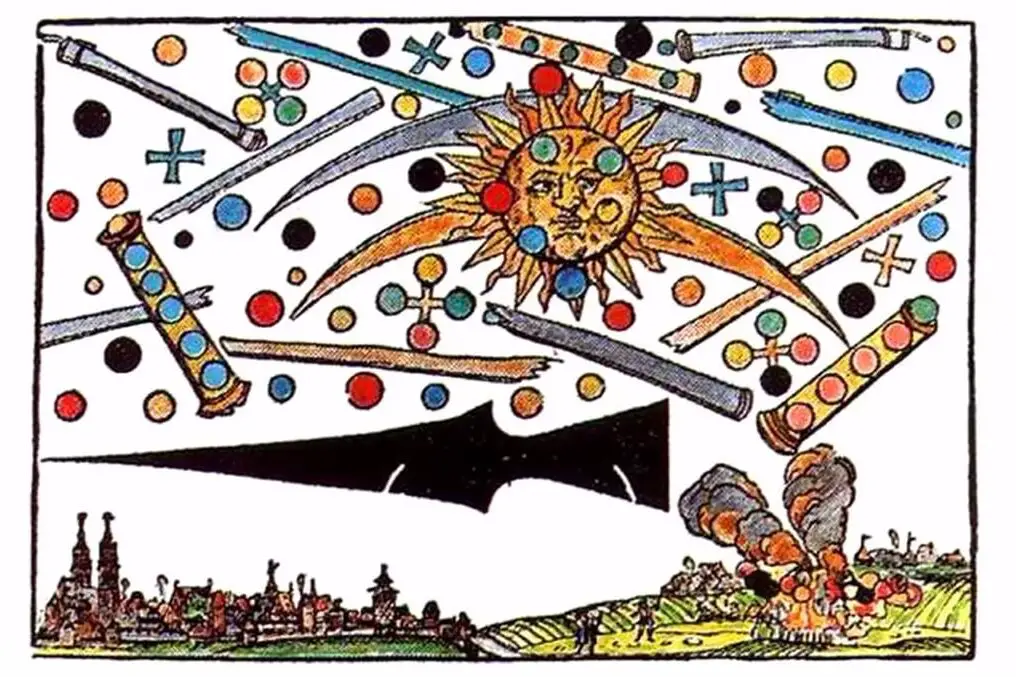
From the intense music to the ominous voiceovers, the show is designed to feel like a thriller. This dramatization makes even the simplest idea seem groundbreaking. But the flashy presentation often distracts from the lack of substance. If you stripped away the theatrics, you’d be left with a lot of speculation and very little evidence.
14. Financial Motivation
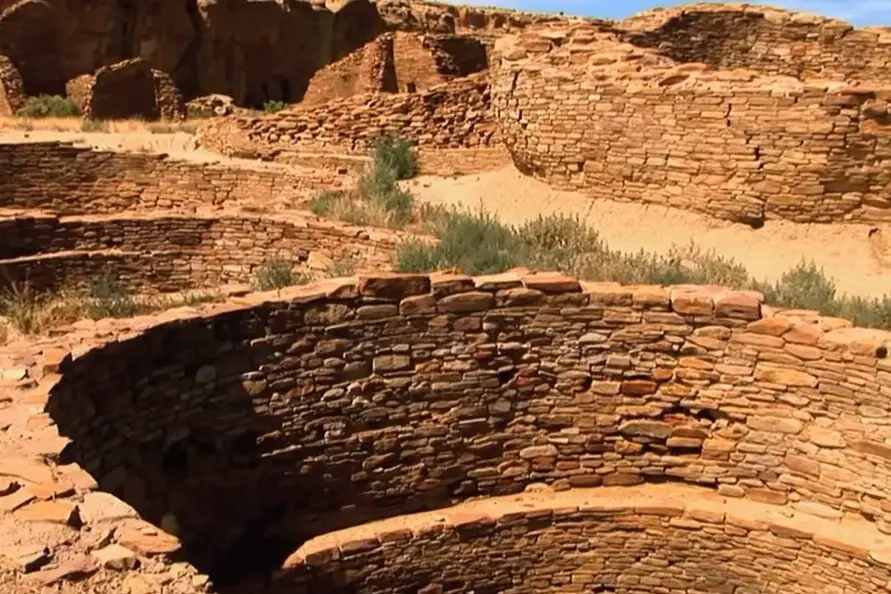
Let’s not forget that Ancient Aliens is a TV show, not a documentary. Its goal is to attract viewers and sell advertising, not to educate. Sensationalism sells, and the alien angle is pure gold for ratings. This financial incentive often overshadows any commitment to historical accuracy. The more outrageous the claims, the more people tune in.
15. Lack of Accountability

The show rarely revisits its claims to confirm or correct them. Even when an idea is proven wrong, it’s never acknowledged. This lack of accountability allows them to keep promoting the same theories year after year. In a field like history, where new discoveries can reshape our understanding, this refusal to evolve is a major red flag.


